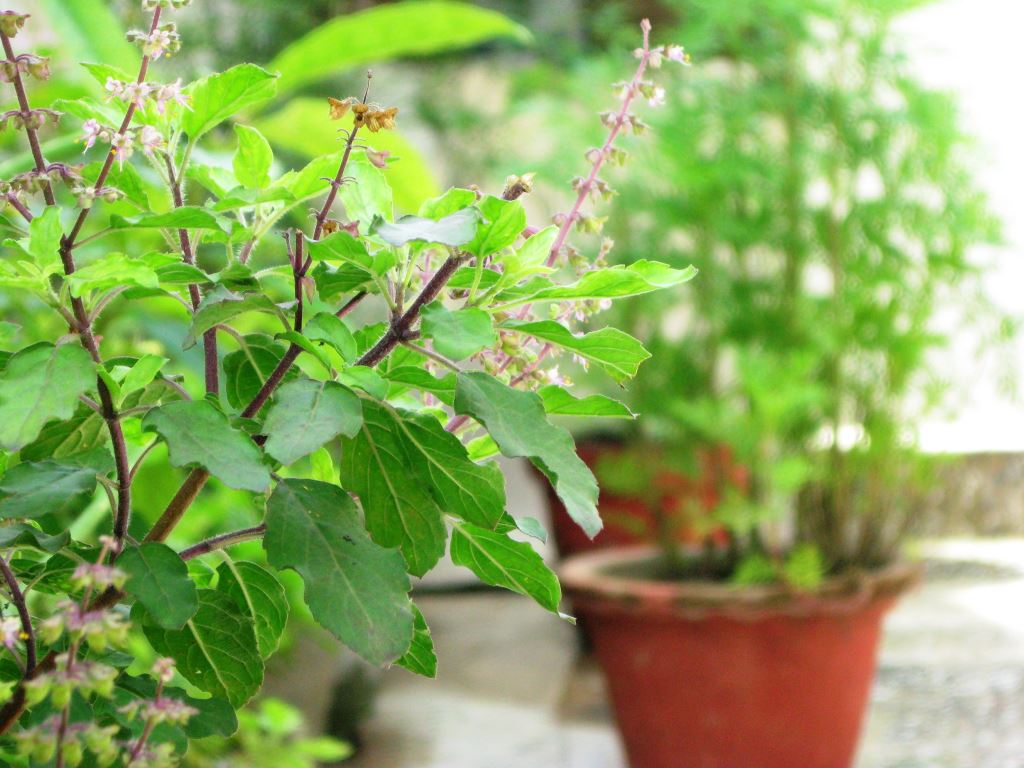In a world that is constantly evolving, the importance of holistic health and wellness for children cannot be overstated. Tulsi, also known as Holy Basil, is renowned for its myriad of health benefits, making it an ideal natural remedy for kids. The concept of "Tulsi Kids" embraces the rich tradition of using Tulsi to fortify the health and well-being of the younger generation. By integrating Tulsi into their daily routines, parents can help cultivate resilience and vitality in their children's lives.
The rich history of Tulsi stretches back thousands of years, particularly in Ayurvedic medicine, where it is celebrated for its adaptogenic properties. Adaptogens are natural substances that help the body adapt to stress, making Tulsi an excellent ally for children facing the pressures of modern life. From boosting immunity to enhancing concentration, "Tulsi Kids" serves as a beacon of hope for parents looking to provide their children with a solid foundation for a healthy future.
With the rising interest in natural remedies and holistic approaches to health, the concept of "Tulsi Kids" is gaining traction. This article will delve into the myriad ways Tulsi can benefit children, explore practical applications, and answer common questions parents may have about incorporating this powerful herb into their children's lives.
What Are the Health Benefits of Tulsi for Kids?
Tulsi is a powerhouse of nutrients and has been linked to various health benefits for children. Some of the most notable benefits include:
- Boosting Immunity: Tulsi is packed with antioxidants and has anti-inflammatory properties that help strengthen the immune system.
- Reducing Stress and Anxiety: The adaptogenic properties of Tulsi can help children manage stress and promote emotional balance.
- Improving Digestion: Tulsi can aid in digestion and alleviate gastrointestinal issues, ensuring kids get the most out of their food.
- Enhancing Concentration: By reducing anxiety and enhancing brain function, Tulsi can help improve focus and concentration in school.
How Can Parents Introduce Tulsi to Their Kids?
Introducing Tulsi to children can be a fun and creative process. Here are some effective ways to incorporate this herb into their daily diet:
- Tulsi Tea: Brew a mild Tulsi tea and sweeten it with honey or a natural sweetener for a soothing drink.
- Tulsi Smoothies: Add fresh or dried Tulsi leaves to fruit smoothies for an extra nutrient boost.
- Tulsi in Cooking: Use Tulsi leaves in soups, stews, or as a garnish on various dishes to enhance flavor and health benefits.
- Herbal Tinctures: Consult with a healthcare professional to explore the option of herbal tinctures for children.
Are There Any Risks Associated with Tulsi for Children?
While Tulsi is generally safe for most children, it’s essential for parents to be cautious. Here are some considerations:
- Consult with a pediatrician before introducing Tulsi, especially for children with pre-existing health conditions.
- Start with small amounts to see how your child reacts to Tulsi.
- Avoid excessive use, as it may lead to digestive discomfort in some children.
Can Tulsi Help with Common Childhood Ailments?
Tulsi has been traditionally used to address various common ailments in children. Here are a few:
- Cough and Cold: Tulsi’s anti-inflammatory and antimicrobial properties can help alleviate symptoms of respiratory infections.
- Skin Irritations: The antibacterial properties of Tulsi can aid in treating acne, rashes, and other skin issues.
- Digestive Issues: Tulsi can help soothe stomachaches and support overall digestive health.
What do Experts Say About Tulsi for Kids?
Health experts and pediatricians are increasingly recognizing the potential benefits of Tulsi for children. Many advocate for its use as a natural remedy, emphasizing the importance of moderation and proper guidance. Parents are encouraged to conduct thorough research and consult healthcare professionals to ensure the safe incorporation of Tulsi into their children’s diet.
How Can Parents Educate Their Kids About Tulsi?
Educating children about the benefits of Tulsi can foster an appreciation for natural remedies. Here are a few strategies:
- Share stories about the history and significance of Tulsi in different cultures.
- Involve children in preparing Tulsi-based recipes, making it a fun learning experience.
- Encourage curiosity by discussing how plants like Tulsi contribute to health and well-being.
What Are Some Fun Facts About Tulsi?
Tulsi is not only beneficial for health but is also steeped in cultural significance. Here are some fun facts:
- Tulsi is considered a sacred plant in Hinduism and is often grown in homes as a symbol of purity and protection.
- There are several varieties of Tulsi, including Rama Tulsi, Krishna Tulsi, and Vana Tulsi, each with unique properties.
- The aroma of Tulsi is believed to purify the atmosphere, making it a popular choice for gardens and homes.
Conclusion: Why Every Family Should Consider Tulsi Kids?
Incorporating "Tulsi Kids" into your family's lifestyle is more than just a health trend; it's a way to embrace a holistic approach to well-being. By introducing Tulsi into your children's lives, you are nurturing their physical and emotional health, helping them build resilience against the challenges they may face. Remember to start small, consult with experts, and make it a fun journey of discovery for the whole family. Tulsi's potential is vast, and with the right guidance, it can become a cherished ally in your child's health and wellness journey.
You Might Also Like
Unveiling The Transformation: Mary Mouser Gained WeightExploring Luke Combs' Political Views: A Deep Dive Into The Country Star's Beliefs
Is Malia Obama Getting Married? Exploring The Rumors And Speculations
Twice The Joy: The Heartwarming Journey Of George Clooney And His Twins
Exploring The Lives Of Scott Pettigrew And Anita Cowen
Article Recommendations
- Adam Pearson And Wife
- Is Judge Jeanines Daughter On The Five
- Gabrielle Dennis Relationship
- Elizabeth Rose Cameron
- Movierulz 7 Kannada
- Laurie Holmond
- Dondon Nakar Wife
- Melanee Raney
- Jazzy Chris Distefano Wife
- Is Luke Mably Married


